Spin-Boson Dynamics and Phase Transition: Computational Insight via Diagrammatic Quantum Monte Carlo.
Title: Spin-Boson Dynamics and Phase Transition: Computational Insight via Diagrammatic Quantum Monte Carlo.
Speaker: Prof. Hsing-Ta Chen (Department of Chemistry & Biochemistry, University of Notre Dame)
Time: 1:30~2:30 p.m, Friday, 2024/8/23
Place: P512, 5F, General Building III, Nat'l Tsing Hua Univ.
Host: Prof. Yi-Ping Huang (NTHU)
[Registration] is required
Zoom online link: https://us02web.zoom.us/j/86867205231?pwd=OTJVTURuVU9FVzkzR01kMVUwcGVvZz09
Abstract:
The exact description of real-time dynamics in many-body quantum systems continues to provide major challenges, especially for strongly correlated electronic systems and open quantum systems. The diagrammatic Quantum Monte Carlo (dQMC) method is plagued by the dynamical sign problem, causing the computational cost to scale
exponentially with increasing time. Recently, the “inchworm" algorithm has been developed to optimally recycle diagrammatic information and enable exact real-time simulation of many-body quantum dynamics. In this talk, I will introduce variants of the inchworm dQMC approach to simulate the dynamics of the spin-boson model and
discuss a quantum phase transition from a delocalized phase (with tunneling between the two spin states) to a localized one (with stronger friction).
Biosketch:
Hsing-Ta (Theta) Chen is currently an assistant professor in the Department of Chemistry and Biochemistry at the University of Notre Dame. He obtained PhD in Chemical Physics at Columbia University and postdoctoral training at the University of Pennsylvania. His research focuses on developing theoretical methods and applying
simulation techniques to investigate quantum dynamical processes in complex environments, ranging from non-adiabatic molecular dynamics in the condensed phase, semiclassical treatments for strong light-matter interactions, to electron transport through nanoscale junctions.


